Selected Store
Περί αυτοκτονίας, "The desperate act" and its bio-political interpretations
- Authors: Θανάσης Λάγιος, Βάσια Λέκκα
- Publisher: Futura
- Μορφή: Soft Cover
- Έτος έκδοσης: 2020
- Αριθμός σελίδων: 244
- Κωδικός ISBN-13: 9786185553029
- Διαστάσεις: 13×20.5
Similar products

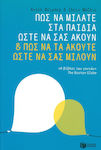
Psychology Books
Πως να μιλάτε στα παιδιά σας ώστε να σας ακούν και πως να τα ακούτε ώστε να σας μιλούν
Ad from Gamescom
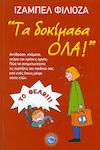
Psychology Books
Τα δοκίμασα όλα!, Reaction, crying, nerves and fits of rage: How to deal with your child's tantrums from one year to five years old
Ad from BookmaniaShop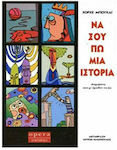
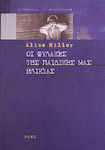
Psychology Books
Οι φυλακές της παιδικής μας ηλικίας ή Το δράμα του προικισμένου παιδιού
Ad from Goldenbooks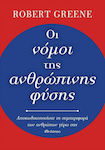

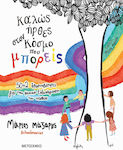
Psychology Books
Καλώς Ήρθες στον Κόσμο που Μπορείς, 50+2 Activities for the Mental Empowerment of the Child
Ad from Bookliberty
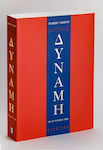
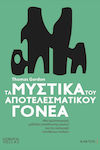
All shops
Prices are calculated for:Luxembourg, Other Payment Options
- 11,02 €
- 11,02 €
- 10,34 €
- 9,65 €
Description
If the dominant discourse in Antiquity considered suicide a privilege of the few (philosophers and aristocrats) and a disgrace of the many, if the dominant discourse from the Middle Ages to modernity considered suicide an unforgivable sin, today the dominant discourse considers suicide a disease and the disease the only sufficient and necessary condition for (medically assisted) suicide. This biopolitical paradox cannot be resolved, nor even understood, unless it is historicized. This book does not aspire to be an exhaustive history of suicide, as such an endeavor would be both unfeasible and futile. Unfeasible, because both suicide and history cannot be exhausted and by definition know no end from the perspective of a knowing subject, but will accompany the human species as long as it strives to exhaust its possibilities; futile, because no interpretation aiming at a critical questioning of the present can be definitive and exhaustive if it truly wants to remain interpretation and critique. This book emerged from a long-standing reflection on suicide within biopolitical societies, as since the outbreak of the global capitalist crisis of 2008, a discourse about a spectacular "increase in suicides" began to be heard and spread, which, as a product of the society of the spectacle, articulated scientific discourse with news sensationalism, obscuring rather than enlightening matters, both theoretically and politically. This book does not aspire to be a scientific "solution" to the problem; it is driven by the ambition to historicize the discomfort with the existing, when it takes its most extreme form. This historicization was attempted through scholastic work of an academic nature, but without—hopefully—the scholasticism of academicism, so that the experience of the suicides is not completely buried under our discourse, and in order to provoke, through both writing and reading, a small rupture in the unphilosophical version of the dominant discourse, which represents, as we shall see, the connection of mental disorder with suicide as supposedly unbreakable. This version remains not only deeply unphilosophical, as it essentially ignores the existential anguish that, within modernity, made suicide the only, according to Camus, "serious philosophical problem"; but it also remains deeply unhistorical, as it shows a passion for ignorance towards the very historical constitution of suicide as a problem. However, the, according to Nietzsche, historical philosophizing, that is, the philosophical consideration that does not ignore history and the history that is not satisfied with the factual recording of the past, testifies that we must question the self-evident for there to be life before death, that is, to reflect and experiment on what is considered most "natural," namely, living and dying.
Specifications
- Genre
- Psychiatry
- Language
- Greek
- Subtitle
- "The desperate act" and its bio-political interpretations
- Format
- Soft Cover
- Number of Pages
- 244
- Release Date
- 12/2020
- Publication Date
- 2020
- Dimensions
- 13x20.5 cm
Important information
Specifications are collected from official manufacturer websites. Please verify the specifications before proceeding with your final purchase. If you notice any problem you can report it here.
Reviews
Perfect book Mr. Lagie!! I liked it
Translated from Greek ·- Paper quality
- Was it easy to read?
- Understanding of the subject matter
- Was it interesting enough?
- I liked the writing style
- I would read a book by the same author
- I would recommend it for reading
Did you find this review helpful?












